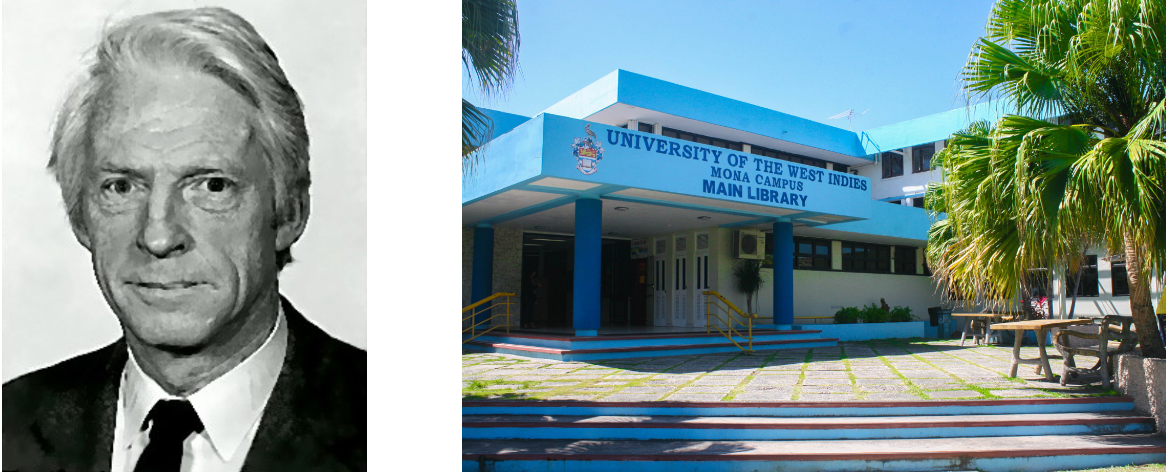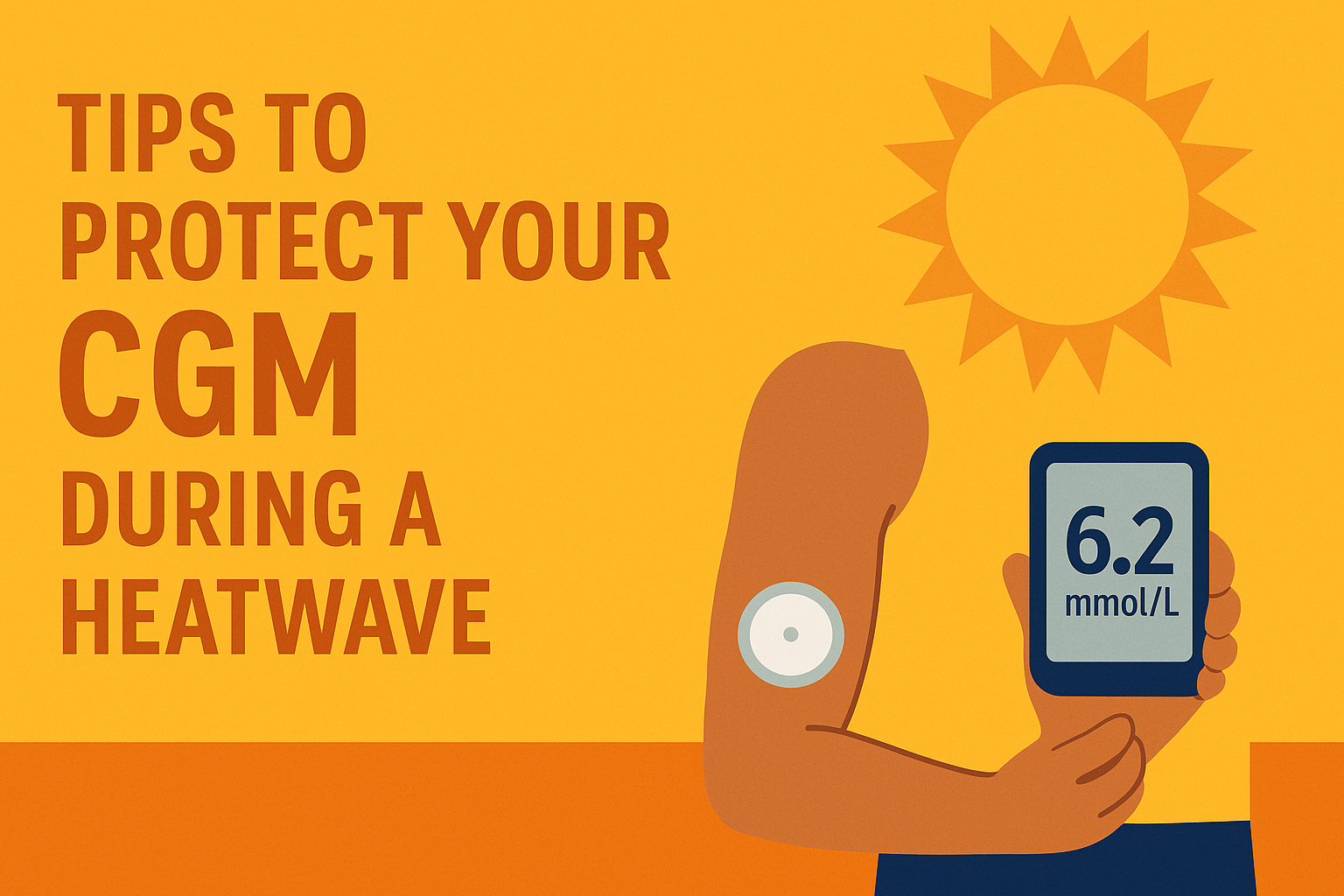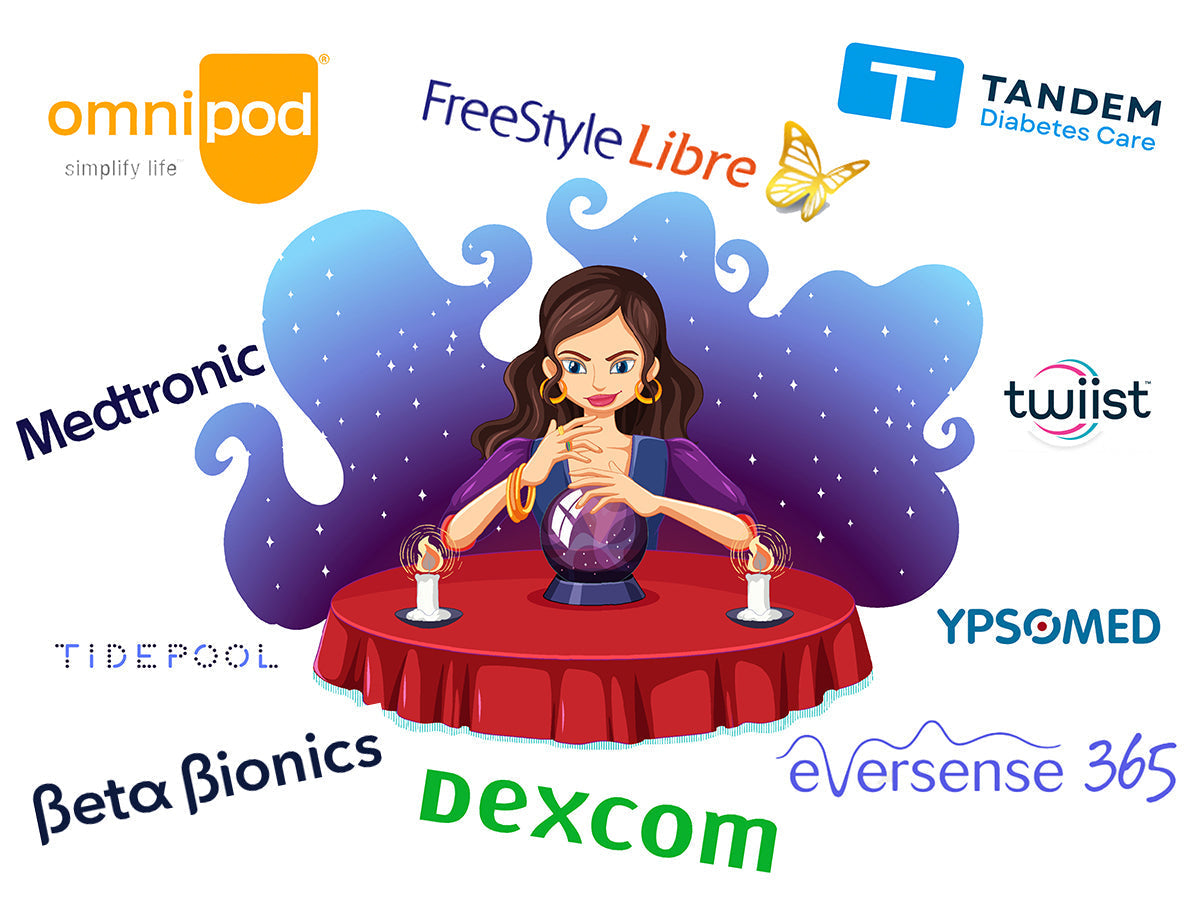
| Blogs and publications on this website are independent of any involvement by medtech companies or diabetes related charities. To ensure there is no bias, we do not accept any products, freebies or other material from any medtech provider. All materials are copyright©️Love My Libre Ltd. |
***
Taking issue with the use of fighting talk in diabetes management.
How many times have you read that “diabetes is a complex and challenging condition”?
I’m guessing that like me you’ve seen that type of phrase used repeatedly whether it’s by a healthcare professional or printed in a diabetes-focussed publication. It’s often the description given when someone is trying to explain the condition or empathise with someone with type one.
But it’s always bothered me, as it sounds so clichéd and not really authentic. It isn’t a phrase I’d use at all. What is the challenge? There’s nothing you conquer, get over or make better. Sure, there are ways to manage diabetes, and some approaches are better than others, but I still have to live with it every day, and the unpredictability of the condition simply means that the ‘challenge’ is never really ‘won’, but it’s not lost either as I go on to fight another day.
Am I in a battle then? There are lots of associations with fighting and being a warrior in diabetes talk, but who am I fighting? I may know the rules – my diabetes regime - but nothing tells me how I can win? It may be that I’m just fighting my own body. My pancreas certainly is fighting itself by attacking those beta cells! A battle I long understood I couldn’t win, not until there’s a ‘cure’ anyway.
So, am I in a battle to straighten the line which now is much more evident when using a Libre sensor? Lots of adoration and envy is afforded to those showing seemingly flat horizontal lines posted on diabetes-related forums. Has anyone ever said this is the aim? If you look at how the glucose levels of a person without diabetes fluctuate, you’ll see that they don’t have ‘perfect’ lines and that they experience blood glucose ‘rollercoaster rides’ too.
It’s interesting to see this on the social media posts from Supersapiens (a company partnered with Abbott that sell a version of Libre sensors to athletes for performance advantage) which I follow. Their aim is based on fuelling their bodies for competition so that glucose stores are used in the most efficient way. So if an athletes pancreas doesn’t produce perfect glucose control, then why are many of us constantly chasing the illusion of perfect diabetes management?
The nature of a battle is that there is some strategic planning involved and of course every day I follow the basic plan of avoiding hypos, going too high and keeping my glucose levels in my zone (personally defined as between 3.9 and 10.0 mmol/L). To achieve this, I know I just need to put in the right amount of insulin to account for carbs and other influences on my glucose levels. I’ve oversimplified this obviously as there are so many other factors at play, but in theory if I follow the plan then there isn’t a battle – at that time. And I prefer to think that there isn’t a battle raging or it could become all-out war, perhaps an appropriate description when I’m raiding the kitchen in need of sugar when hypo!
Another feature of battles and going back to ‘challenges’ too is that the words imply that there’s angst and stress. It goes without saying that managing glucose levels every day 24/7 is stressful as well as all the decisions that go along with this. Wearing a Libre sensor has certainly helped with this aspect although I could also argue that more data isn’t necessarily a good thing too - perhaps a topic for another blog. Telling me my life’s a challenge doesn’t mean that the other person understands or that it makes it better in any way.
Some professionals are starting to recognise the stress that diabetes brings and as ‘mental health’ is currently a hot topic in the media, it’s becoming more common to see ‘diabetes distress’ being talked about. To me this is the feeling that it’s just all too much - the thought that I just don’t want to do this today, though this may go on for days at a time. I’d be surprised if this isn’t something we all experience on a reoccurring theme.
At the extreme is ‘diabetes burnout’ where the feeling turns into inaction, so that we actively ignore our diabetic care. It’s often used interchangeably with diabetes distress, but my definition would include not taking medication, not injecting, not attending medical appointments, not scanning, and not carb counting. In short, neglect. And it’s usually associated with T1s who have a higher HbA1c, but from personal experience I know that it can come from nowhere and there aren’t always boxes to tick for a diagnosis.
Stress and distress can both come from the stigma associated with having diabetes which can have a pronounced effect on those with the condition. The stigma that we sometimes feel can come from ourselves as well as others. Take the pressure we put on ourselves when it comes to our HbA1c – often viewed as a test that we must pass with the result either pleasing our healthcare team or making us feel that we must do better. With more of us having access to Libre or Dexcom sensors, there are moves to redefine how glucose is measured and it’s already being recognised that time in range (or zone as I prefer) will become the standard.
Some changes in diabetes management and use of language do take time to filter through the various healthcare systems. It’s no longer acceptable to use the word ‘diabetic’ as it is considered to have negative connotations of defining us by our condition. But I, like many others, continue to use the word and don’t mind at all being referred to using this noun. The alternative, ‘person with diabetes’ (PWD for short) – using person-centred language - feels very impersonal and seems to imply that our diabetes is something we have brought on ourselves, that we have or had control over. There’s also the confusion with type 1 and 2 to contend with, often an important distinction for type 1s. So, I find it better to use the shorter acronym T1D as more acceptable notation.
Concluding
Language used in relation to diabetes can be contentious. How you’re told you have type one diabetes can have a significant effect on the way you then approach the condition. On diagnosis, it’s a difficult condition to comprehend and there’s a lot to learn. There’s no doubt that diabetes management is difficult, hard, almost impossible, but I wouldn’t use the word ‘challenging’. It’s not a competition and I don’t want to set myself up to fail. I have to find a way to live with it every day. Perhaps that’s the point. I win by just surviving, but then life isn’t just about survival, is it?
If we see managing diabetes as a battle and our success as dependent on the strategies we adopt to our diabetes care, then it means living with conflict. Not ideal for our wellbeing.
Instead, we need to find a way to live a ‘normal’ life, where our condition is in the background. So that it doesn’t define us, doesn’t dictate what we can or can’t do and where we’re not affected by the stigma of being ‘diabetic’.
We don’t need to be told that life’s a challenge or that it’s a battle. To concede this means that we’re relentlessly fighting in a no-win situation. We are already winners in life for dealing with our diabetes and everything that it brings, every day, day in day out. The challenge is to remove any barriers to us being able to live that ‘normal’ life and to bring others along with us so that the only battle is the one contained within the pancreas of a T1D.
There is more information about the use of language in relation to diabetes, particularly aimed at healthcare professionals (but nonetheless an interest read), produced in-conjunction with the NHS on the Language Matters Diabetes website, https://www.languagemattersdiabetes.com
Disclaimer:
Love My Libre is not associated or affiliated with Abbott or FreeStyle Libre. Content here and on our website www.lovemylibre.com does not constitute medical advice or replace the relationship between you and healthcare professionals nor the advice you receive from them.
The author of this blog has type 1 diabetes and uses the FreeStyle Libre 2 which is provided on NHS prescription.
FreeStyle Libre is a registered trademark of Abbott Diabetes Care Inc.





Leave a comment (all fields required). Please note, we are unable to respond to individual comments posted here.